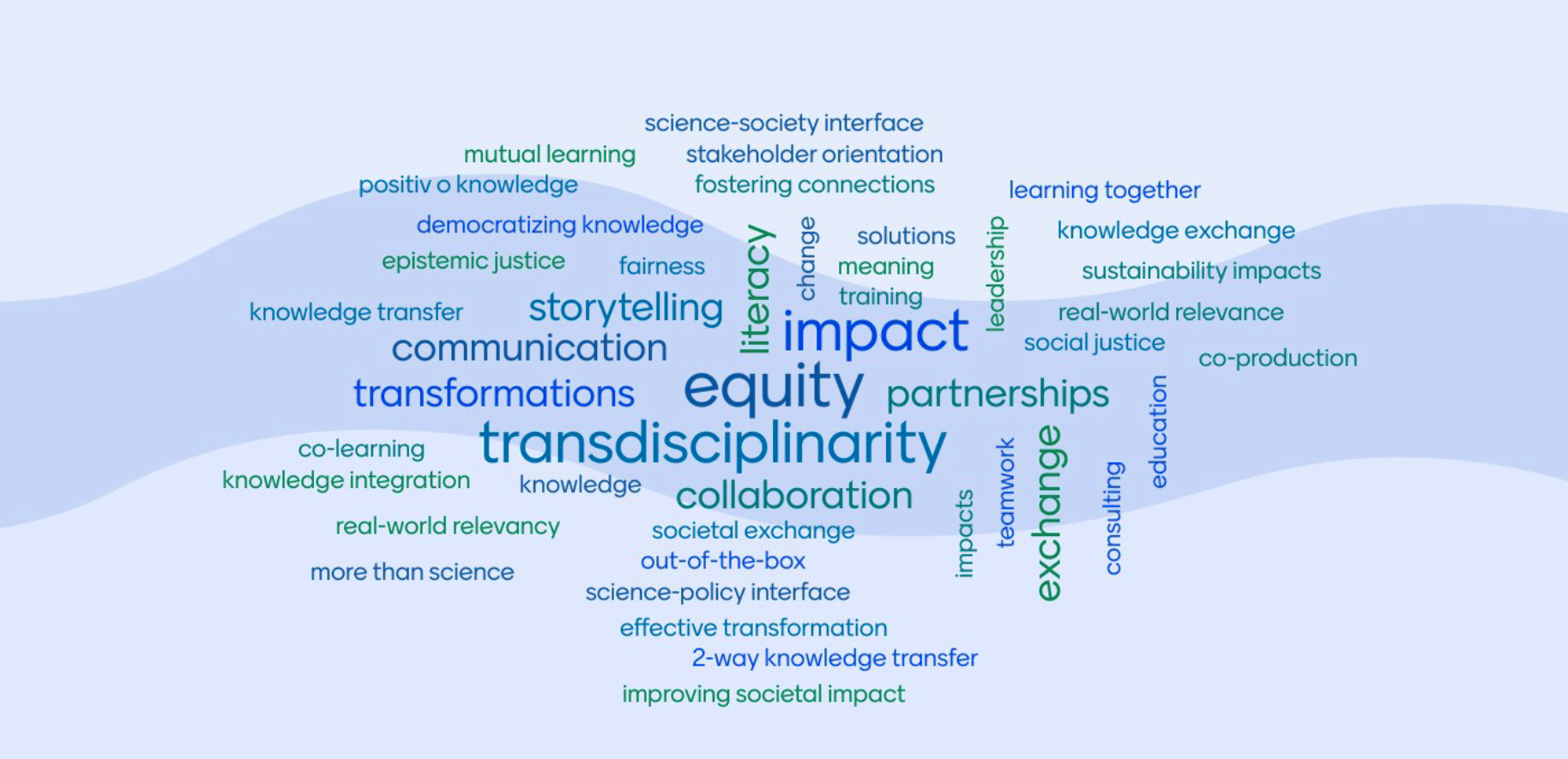Integrating Ocean Knowledge and Developing Capacities for Societal Impact
Short title: Societal Impact
Programme Area 5 "Societal Impact” is rooted in ZMT’s mission to advance science for conservation and sustainable use through research, capacity development and consulting. It addresses the uneven distribution of resources and knowledge and the challenges of achieving good outcomes that contribute to societal change. PA5 pursues two interconnected and equally important functions.
- First, it conducts research on knowledge integration, equity, and transdisciplinarity, investigating how diverse knowledge systems—including scientific, local, and Indigenous—can be brought together to address coastal and ocean sustainability. Research themes include methods of co-design and co-creation, the conditions under which societal impact emerges, and the role of science in policy processes.
- Second, PA5 provides ZMT and its partners with cross-cutting support: it develops instruments, training formats, and opportunities for capacity development, stakeholder engagement and research-based policy advice. PA5 builds skills, partnerships, and inclusive research practices, ensuring that scientific findings become accessible and actionable.
As such, PA5 functions as a hybrid space that combines research and coordination, fostering equitable participation, societal relevance, and long-term transformation in tropical coastal regions. PA 5 is about exchanging knowledge, developing capacities and partnerships that are required for sustainable oceans and coasts for generations to come. PA 5 is a driving force at ZMT for societal impact and it strategically addresses the need for transformative research, knowledge, skills, personal connections and attitude/values for change. By addressing these systemic issues, PA5 acts as a catalyst for transformative, equitable, and impactful societal change, aligning with international initiatives like the UN Ocean Decade.





